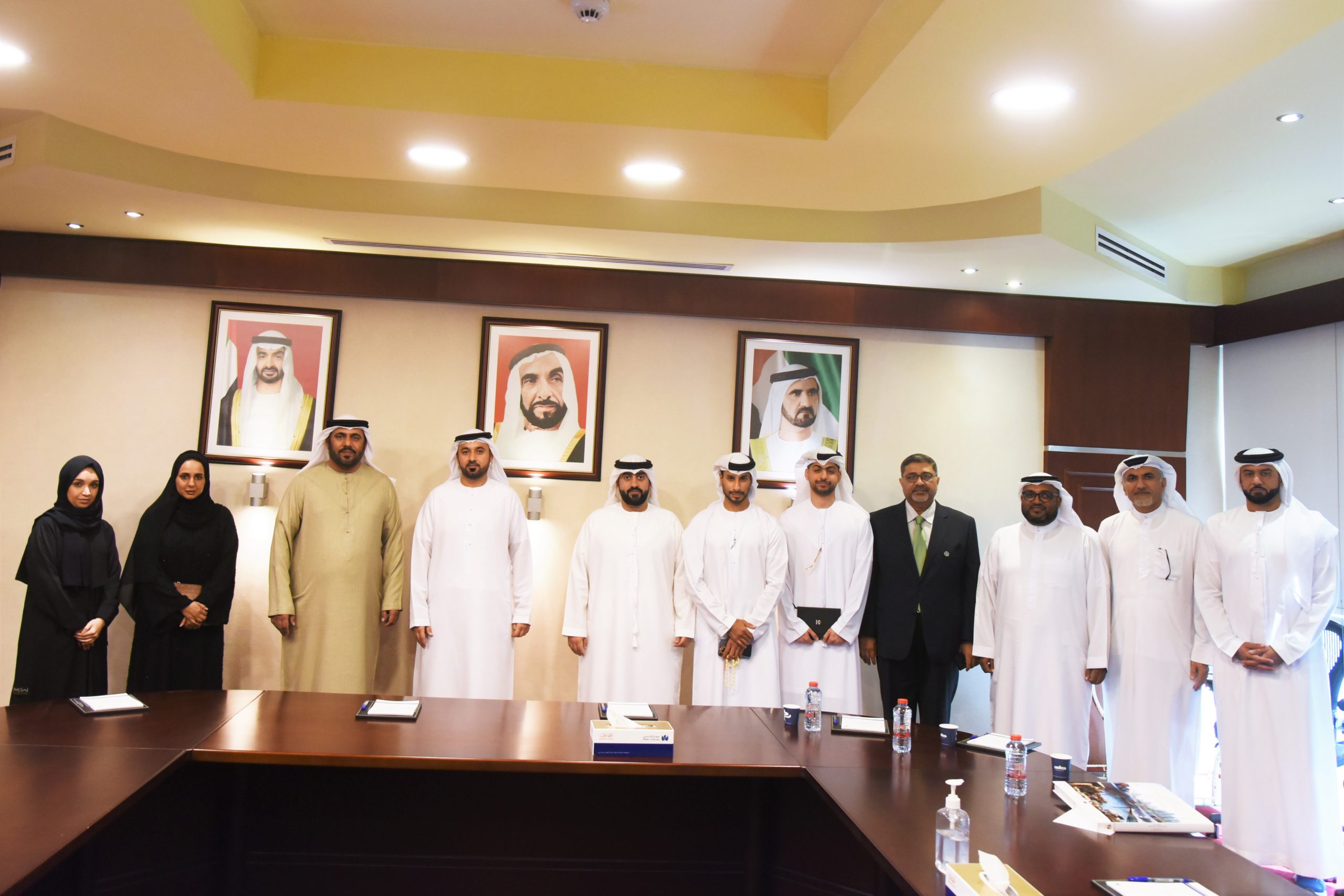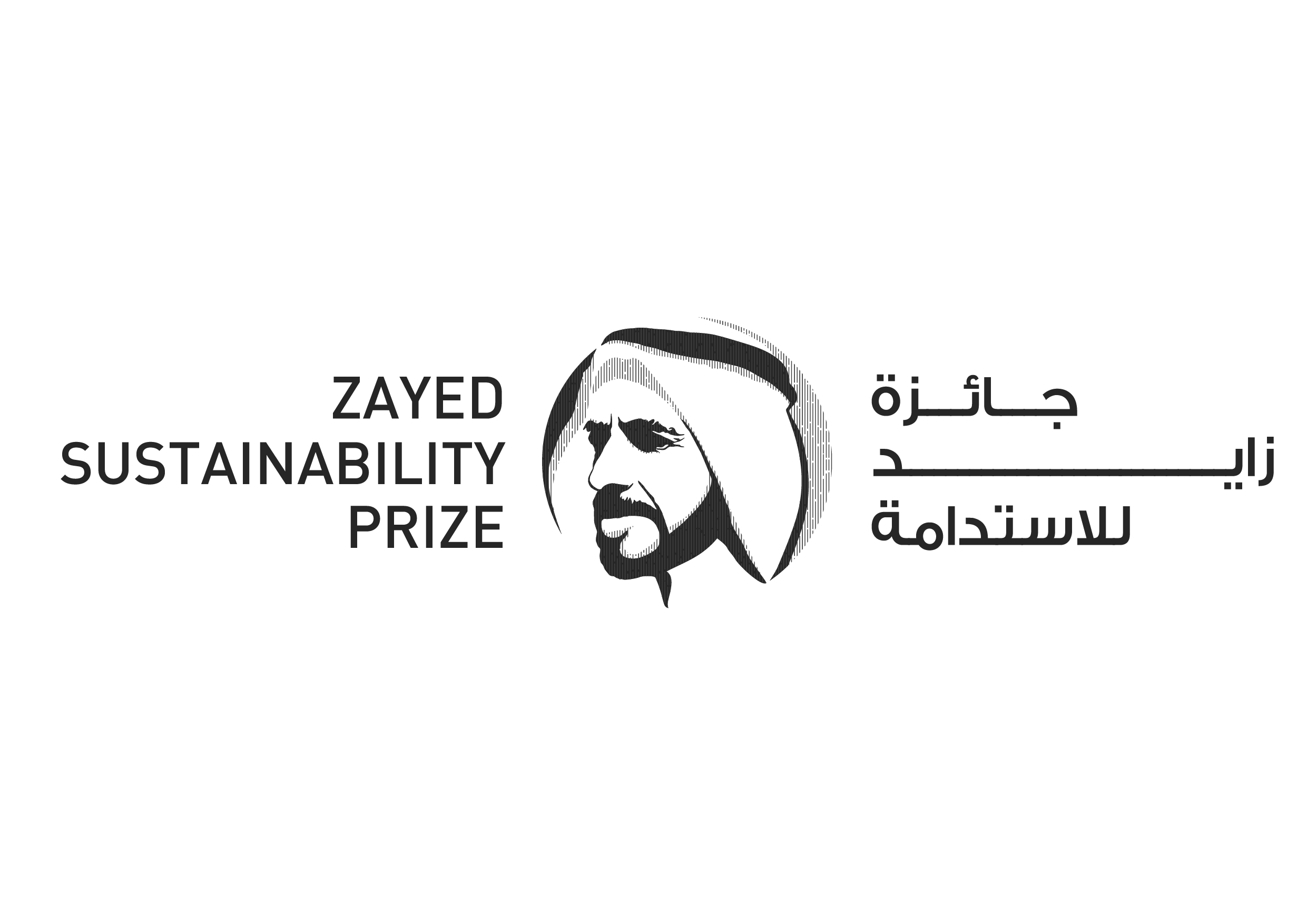By Binsal Abdulkader
ABU DHABI, 8th December, 2021 (WAM) — Rapid vaccination against COVID-19 around the world could have avoided new variants of the virus such as Omicron, said President of Costa Rica, Carlos Alvarado Quesada.
In an exclusive interview with the Emirates News Agency (WAM) on Monday, he said, "There is a hypothesis that some of these latest [coronavirus] variants [such as Omicron] could have been avoided if vaccination were to be deployed across the globe more rapidly. But that’s a hypothesis. The true thing is that we still need to vaccinate millions of people, particularly in the poor and developing world," said the President who was on a four-day official visit to the UAE.
One of the world’s youngest heads of state, Quesada, 41, was on the Time magazine’s Most Influential People’s list in 2019 after Costa Rica had won "Champions of the Earth" award, the United Nations’ highest environmental honour, thanks to the President’s climate policies. The Central American country with a 5 million population produces 99.5 percent of its electricity from renewables.
UAE as an example
The President pointed out that the health systems of some of "the poor and developing countries" do not have enough capacity to undertake faster vaccination process, and on the other hand, there is resistance to vaccination in the developed world.
"I think the UAE is one of the world’s examples of high levels of vaccination. In Costa Rica, we aspire to it [achieve the same]," Quesada stressed in an interview at the Costa Rican Embassy in Abu Dhabi.
He was referring to the UAE’s high vaccination rate with 100 percent of the population receiving the first dose, while 90.31 percent being fully vaccinated as of 28th November.
Quesada said almost 80 percent of his country’s population has got at least one dose of vaccine and more than 60 percent received two doses, "which is very good."
"But we haven’t got any further because we are in the process of getting [more] vaccines," he added.
In 2018 and at the age of 38, Quesada became the youngest serving Costa Rican President. "At the end, I do believe that one has to be young at the heart and mind, regardless of the actual age. We have to come up with new solutions and things that help people. And that’s what matters at the end."
The love for music since childhood helped the young politician find solutions to big problems. "I believe arts and music tend to strengthen how people can be more empathic with others. And being more practical nowadays, music helps me relax. Sometimes I need to forget about problems for a while and then I go back trying to solve them."
Masdar – a ‘dream’ for Costa Rica, Latin America
Talking about the UAE-Costa Rica strategic partnership agreement on government modernisation, Quesada said, "I have to say that we need to learn a lot. For example, I went today to Masdar City and it was like a dream come true for me. At the one-stop shop [in Masdar City Free Zone], you can start your company in 24 hours, and it costs less than US$400. Many countries, not only Costa Rica and [others] in Latin America, will love to have something like that."
Costa Rica–UAE complementarity in trade, finance, logistics
"Our countries are very similar in scale and they both have great strengths in different areas. Costa Rica is a leader in sustainability and a very renowned green country. The Emirates has the strength of innovation, the capacity for finance and logistics," Quesada said while talking about how the two countries’ expertise could strengthen each other.
For example, Costa Rica has trading goods that are scarce in the Gulf, he explained, adding that the two countries could complement each other in logistics as well. "Because we are both in strategic positions. The UAE in the Gulf, and in our case, we are in the middle of the Americas."
A tropical country such as Costa Rica can bring tropical produces such as coffee and exotic fruits to the Middle East, while the UAE has the investment strength to finance many projects not only in Costa Rica but the entire Central American region, the president went on to say.
Admiring UAE for recognising changing world
The UAE has taken the leadership in sustainability, although it used to depend on oil, he stressed.
"What I admire a lot is the capacity to recognise that the world is going to change. So, we need to change and diversify our economies and invest not only in the present but to build a future. That’s a great message, and that’s a great story that can inspire others to do that. I think there's a great story of sustainability here."
The UAE’s commitment to achieve net-zero by 2050 is so bold and courageous, he believes. "Even though it’s not what is traditionally called a large country, the UAE is showing the way and committing to hold COP 28 [in Abu Dhabi in 2023]. It is a great responsibility in the context of climate change."
Talking about the UAE joining as a non-regional observer member at the Central American Integration System (Sistema de la Integración Centroamericana or SICA), he commented, "Well, its significance is how we can get closer to each other. SICA [representing eight central American countries] is the fourth largest market in Latin America, and UAE is a busines hub in the Middle East."
A country without army
About 73 years ago, Costa Rica decided to abolish its military because it thought militaries were a main force for causing civil wars and coups in Central America, instead of handling external threats. By abolishing the army, the country was able to establish rule of law and institutions.
Quesada believes that not having an army provides an important margin for investing in education and healthcare. "And it has worked well!"
WAM/ Ibrahim Shukralla

 World3 years ago
World3 years ago
 World2 years ago
World2 years ago
 Entertainment7 years ago
Entertainment7 years ago
 World7 years ago
World7 years ago
 Entertainment7 years ago
Entertainment7 years ago




